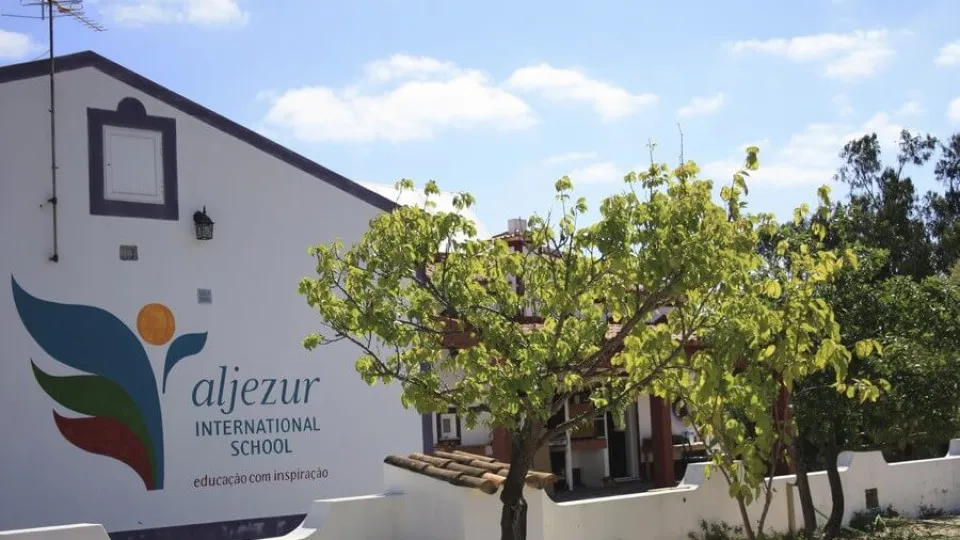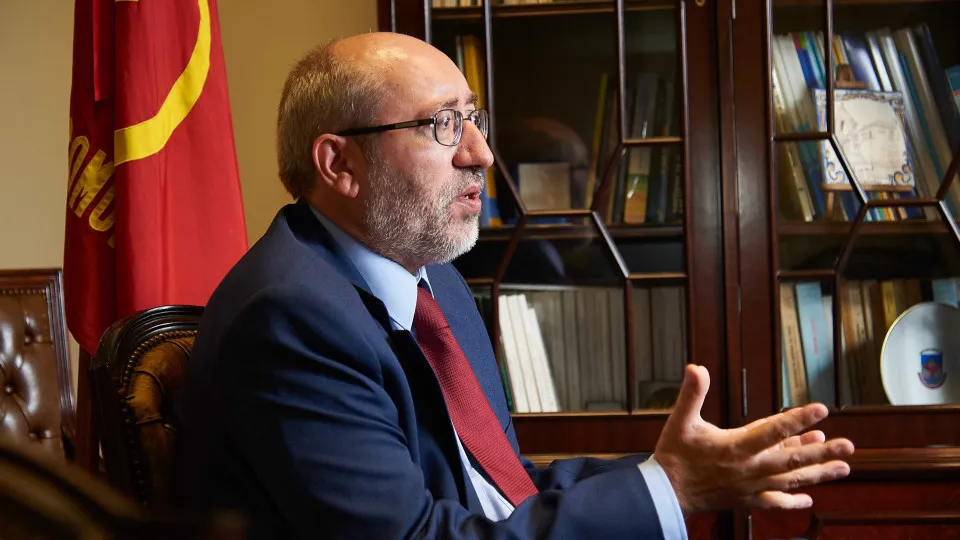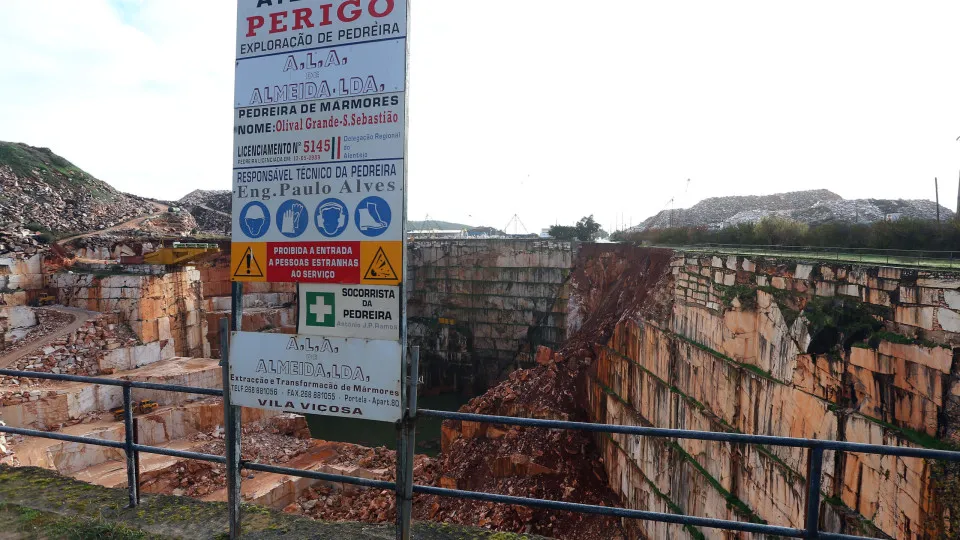
A provisional ruling has been issued granting a temporary injunction filed by 68 students, with parental consent, to reopen the International School of Aljezur. The decision arose after the Ministry of Education, Science and Innovation (MECI) ordered its permanent closure on grounds of operating without a license, confirmed legal representative José Carlos Pires.
The judicial order, accessed by agency Lusa, stipulates “the provisional granting of the requested injunction, specifically suspending the effectiveness of the decision mandating the school’s closure and allowing the school to reopen.” The court considered the petitioners’ argument emphasizing the urgency to resume the academic year to prevent irreparable loss.
The directive states that “an evaluation is necessary to determine the suspension of the act and, significantly, the reopening of the school during the pendency of the cautionary action.” The Ministry of Education has a ten-day period to contest and oppose the injunction.
The International School of Aljezur was officially closed on October 24 by a joint operation involving the Inspectorate-General of Education and Science (IGEC), the Directorate-General for Schools (DGEstE), and the National Republican Guard (GNR). The Ministry noted the institution’s closure was due to the absence of any valid operational license, either provisional or definitive, and lack of approval by the Ministry.
It was also stated that previous conditions for granting provisional permissions “do not match the facilities in use since 2013, leaving only a formal title without legal and administrative validity.” The school has reportedly ignored previous administrative closure orders since 2022, including several recent directives.
As per the latest directive dated January 10, 2024, signed by the then Secretary of State for Education, the closure affects 85 students between the 7th and 12th grades. MECI outlined plans for these students, indicating that those in grades 7 to 9 would be integrated into public schools according to age, while placements for secondary students (grades 10 to 12) would be assessed individually by the ministry’s services, which are closely monitoring the situation.




